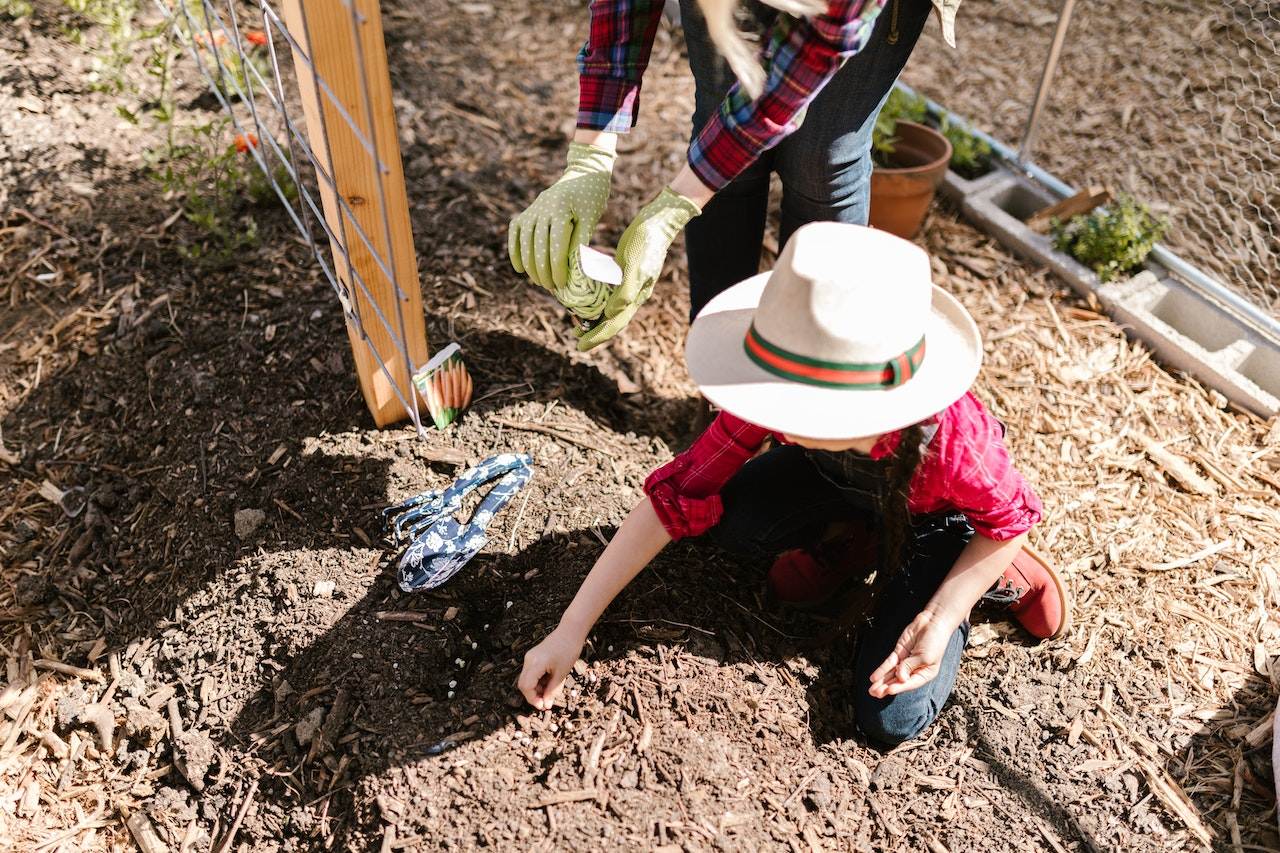According to the National Farmers’ Union (NFU), as much as £60m of food has been wasted on farms because of a labour shortage, which found at least £22m of fruit and vegetables had been wasted so far in 2022. Farms surveyed by the NFU were, on average, 14% short of the size of the workforce they needed. So, it seems clear that we need more farm and agricultural workers to help remedy some issues in our food system.
In the short term, we need to encourage local workers into the industry and for the government to support increased visas for EU workers who made up the bulk of the workforce before Brexit. But, what is to be done in the long term? We believe schools have a vital role to play in creating the next generation of farmers to ensure Britain can grow in self-sufficiency and feed its population. We think this is especially important in Sheffield, which lacks a strong agricultural and horticulture sector, even though there is plenty of growing potential in the city.
Making it part of the curriculum
Food is fundamental to life, so the ins and outs must be taught early if children are to understand its importance and grow an appreciation for it. Teaching children where food comes from, how it is grown and how it can impact their lives provides endless educational topics from an early age. Science and geography are obvious partner subjects that can include food and agriculture lessons, but food can be introduced through all topics, including Maths, English, History and well as more vocational subjects in later education such as food technology and design. When you provide the option of a job in food earlier on, it becomes a tangible option for when they grow up.
Introducing growing early
It’s not just about introducing food and farming through books; the joy of working in the agricultural sector is one of working with your hands out in the open air. So, schools should introduce growing activities from a young age to develop their pupil’s love of food to the max. School growing projects are the perfect opportunity to educate, grow skills and provide kids with the delight of eating something they grew themselves. The Royal Horticultural Society (RHS) has some great resources and support as part of The RHS Campaign for School Gardening. Visit their website to see how a school gets involved (schoolgardening.rhs.org.uk).
Providing work experience and training
Schools need to build a love of food into the curriculum from reception to college, but to turn kids into farmers, they need to be provided with work experience and training that continues to excite them. Having on-the-job experience can give young people an authentic taste of what it’s like to work in the industry and provide them with valuable skills and experience to help them secure future work. If you don’t provide pupils with these types of training, they may not realise that agricultural work is an option at all.
Ensuring routes to further education
As with work experience and training, schools need to provide career advice that highlights food and growing occupations. They then need to provide the right educational programme for pupils who want to pursue these roles. Whether that’s a case of suitable courses, further work experience or providing further education options, schools need to support their pupils to pursue their dreams. Of course, this applies to all students, but if we are to grow the next generation of farmers, teachers and support staff need to take the lead.
The NFU backs teaching farming in school to tackle the skill shortage. A YouGov survey of 1,008 primary school teachers in 2021, carried out on behalf of the NFU, found overwhelming support for teaching agriculture to young children. Overall, 89% of respondents believed teaching about farming at primary school is essential, while 78% said they thought their classes would learn more about Stem subjects in a non-classroom setting. If you’re a Sheffield parent or teacher that agrees, why not ask your local school what they are doing to introduce food and farming into the curriculum and educational activities? Children are the future, after all, and that includes the future fo farming.

